Microsoft continues push to turn Windows into an advertising space
A fundamental shift happened in the development of the Windows operating system in recent years. Some say it started during the development of Windows 11, Microsoft's newest operating system. Others suggest that it started with Windows 10 already, which Microsoft released in 2015.
This shift, which was likely encouraged by the higher ups at Microsoft, changed how Microsoft perceives Windows. In particular, about increasingly using the operating system as a driver for ads and revenue. What's wrong with that you might say. Microsoft has every right to change the operating system in any way it pleases.
I'd like to point out that these intrusions are more often than not a nuisance. Some cannot be hidden or removed permanently, others may pop up in the worst possible moment. In other words, this trend may impact your productivity.
It would go too far to list all of Microsoft's recent transgressions, but to name a few: user session menu ads, Get Help app with ads, Copilot showing third-party ads, lock screen ads, or the use of diagnostic data for ads. There are plenty of examples not mentioned here.
More ads and promotions are on their way
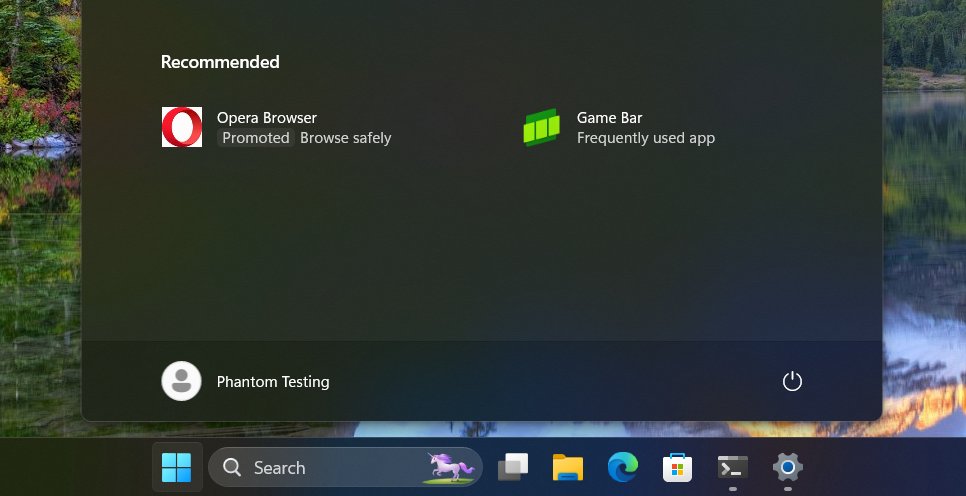
Microsoft is constantly testing changes and some of them may introduce new ads or promotions. Eagle-eyed Windows connoisseur PhantomOfEarth discovered that Microsoft is working on improving the usefulness of the Recommended section of the Start Menu. How? By adding promotions for apps of course!
I'm not a huge fan of the recommended section and always wondered why Microsoft has not added an option to hide it entirely. This may be the answer: to get eyes on ads. Users who turn the section off cannot see ads or promotions in the Start Menu, and that would be a shame.
Microsoft adjusted the preference that powers this functionality to highlight that it may also show app promotions. You find it under Personalization > Start > Show recommendations for tips, app promotions, and more.
You may remember that this is not Microsoft's first attempt at introducing ads to the recommended section. Some time ago, Microsoft launched website recommendations in development builds, but it removed these before launch in stable versions thankfully.
This, however, is not the only place where you may soon see ads on Windows 11. Albacore's latest deep dive found information about a new taskbar button Microsoft is working on. This button is called "Recommended". While it is currently unclear what kind of recommendations it might show, it would not come as a total surprise if these recommendations might also include ads for apps or services.
Closing Words
Granted, these features have been found in development builds of Windows 11 and not stable versions. There is a chance that the features get removed during development. There is, however, a good chance that you will see promotions in one form or another in the Start Menu or taskbar very soon.
What is your take on this? Do you mind the increase in ads in Windows?
RECOMMENDED NEWS
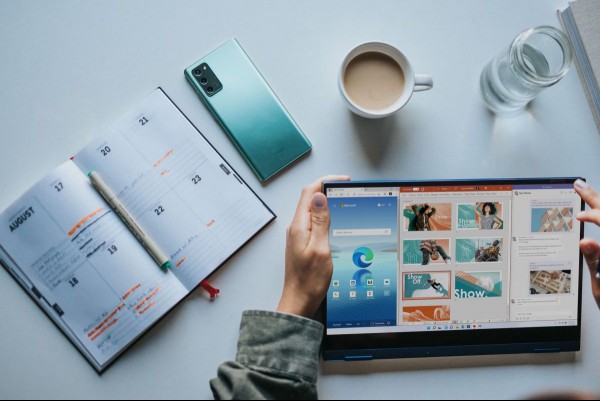
Microsoft Edge's latest AI tool sends open websites to Microsoft
Microsoft Edge's latest AI feature helps users put open tabs into groups for improved management. T...
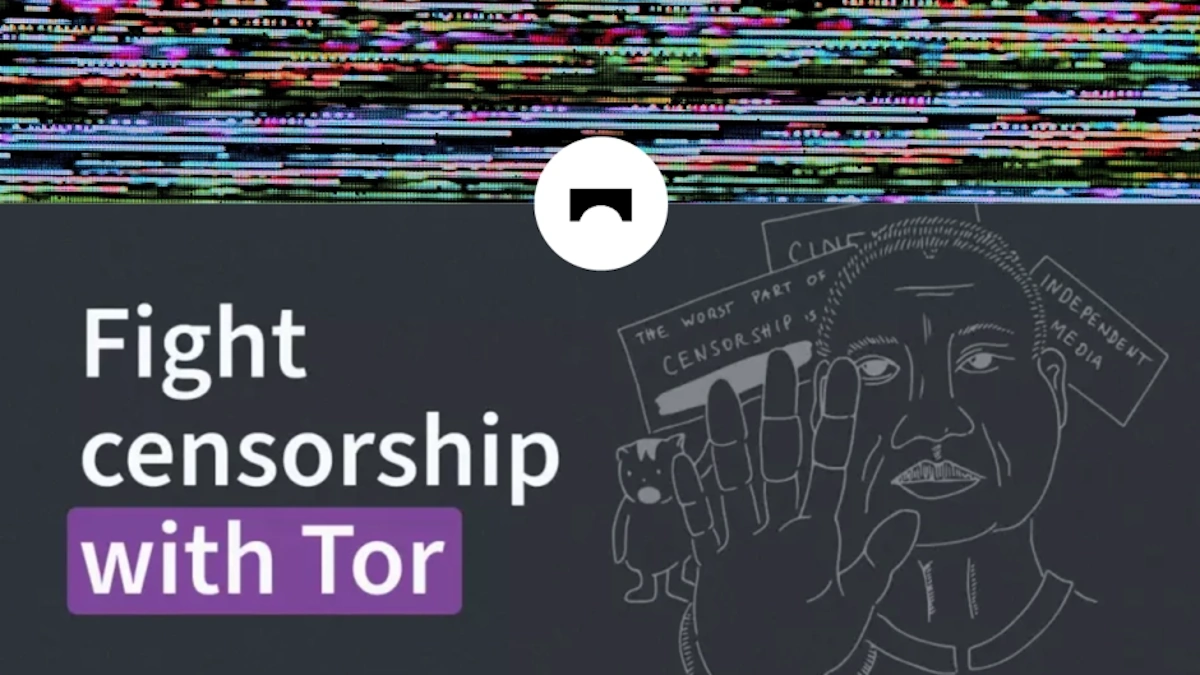
Tor launches WebTunnel Bridge as another way to bypass censorship
The Tor Project announced the immediate release of WebTunnel Bridge, a new way for Tor users to byp...
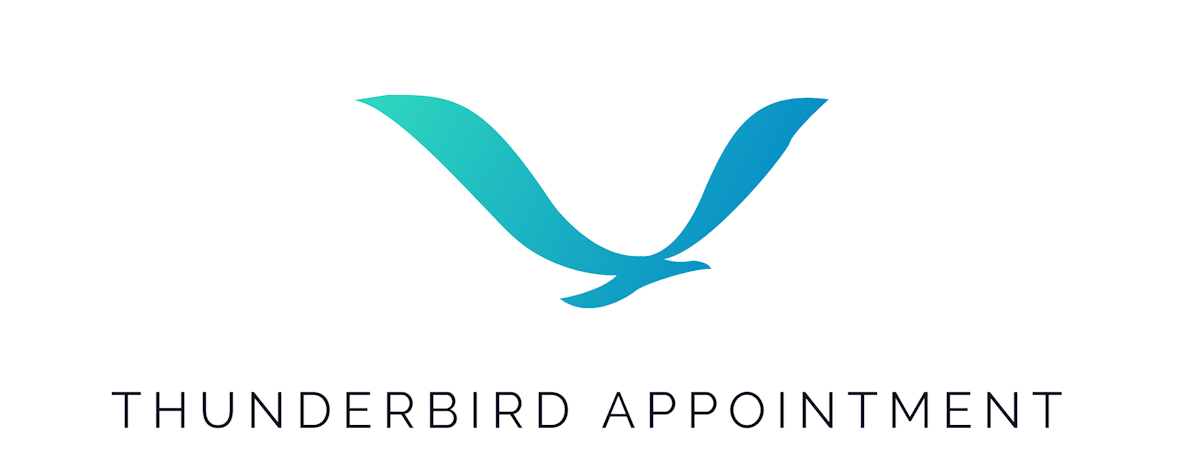
Thunderbird Appointment promises to make scheduling easier
The team behind the open source email client Thunderbird has unveiled its latest side-project. Thun...
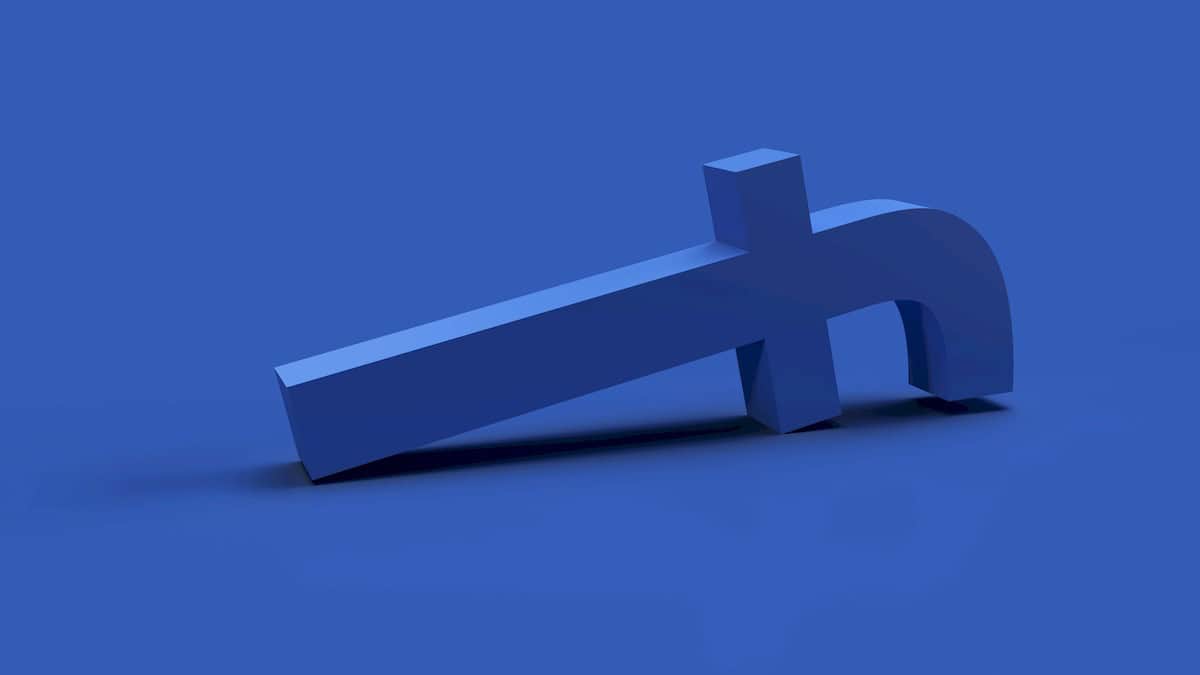
Facebook annoys an increasing number of users with ad breaks
What is the first thing that comes to your mind when you hear "ad break"; probably TV or streaming ...

Bitwarden to enable two-step login for all users in the next days, sort of
Bitwarden is a popular open source password management solution that we have mentioned several time...

Netflix is testing an OpenAI-powered search engine
Netflix is currently testing a new search engine powered by OpenAI's artificial intelligence techno...
Comments on "Microsoft continues push to turn Windows into an advertising space" :